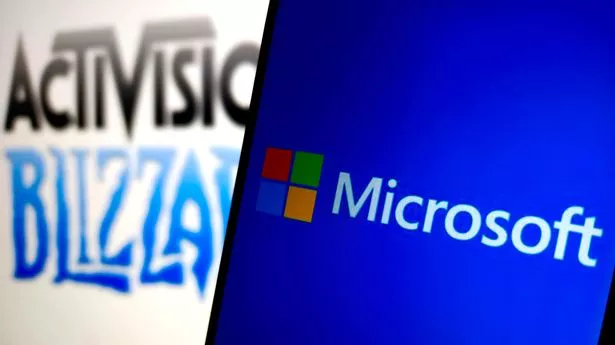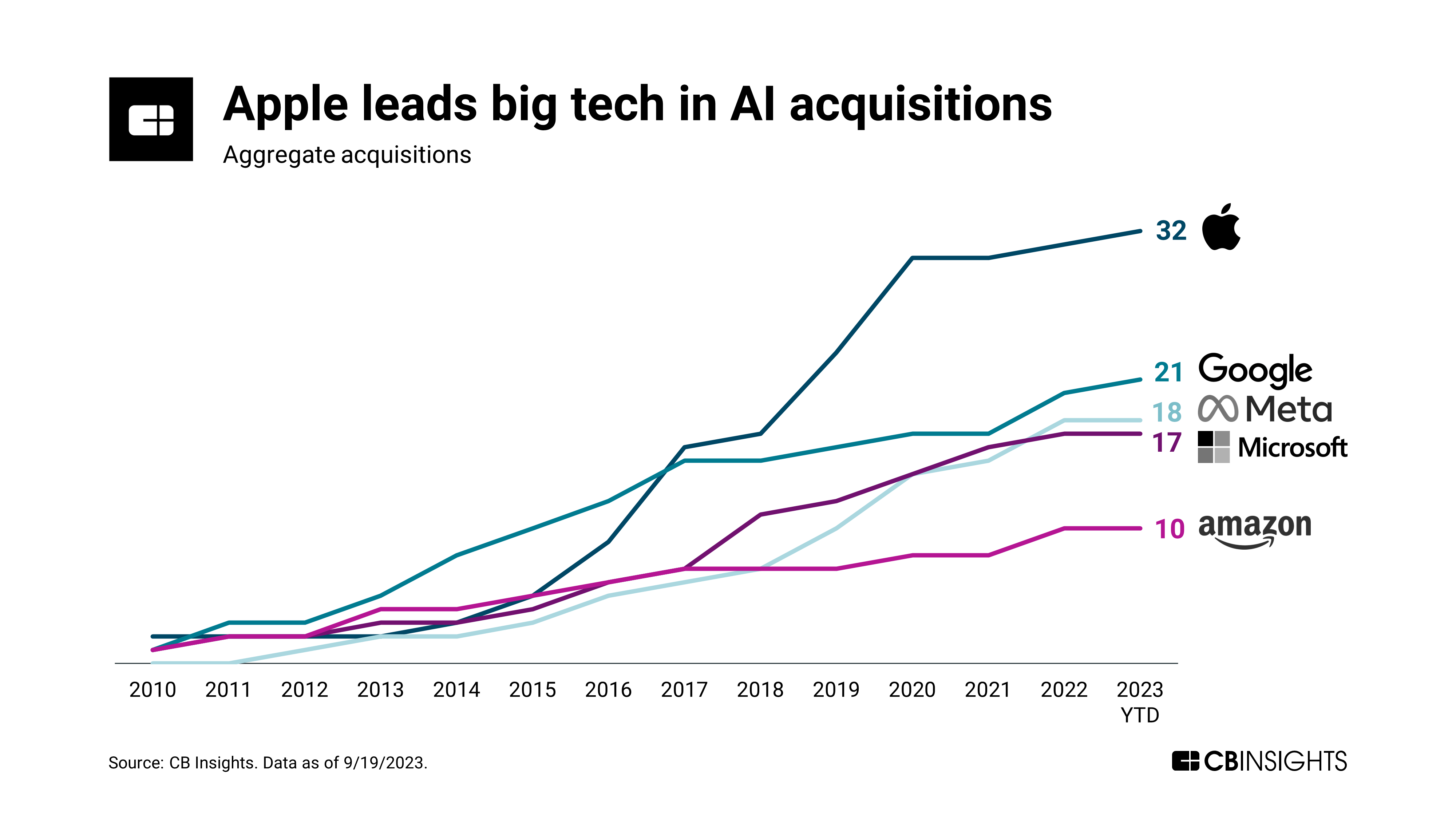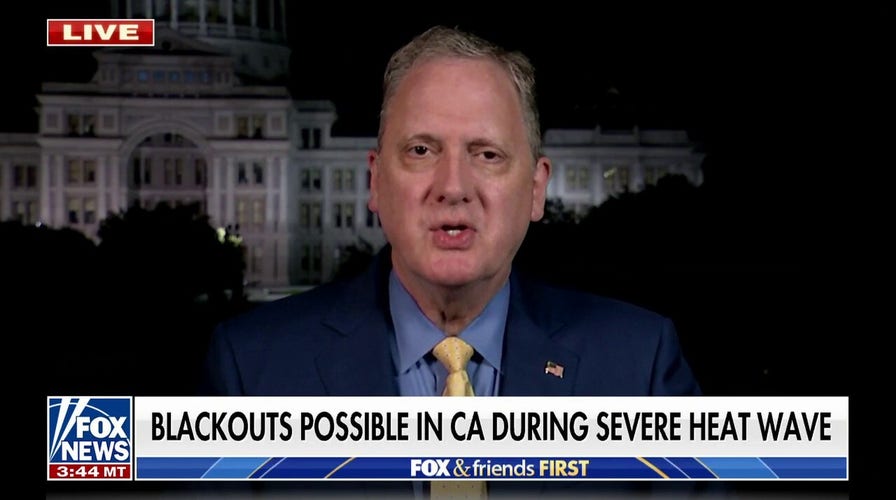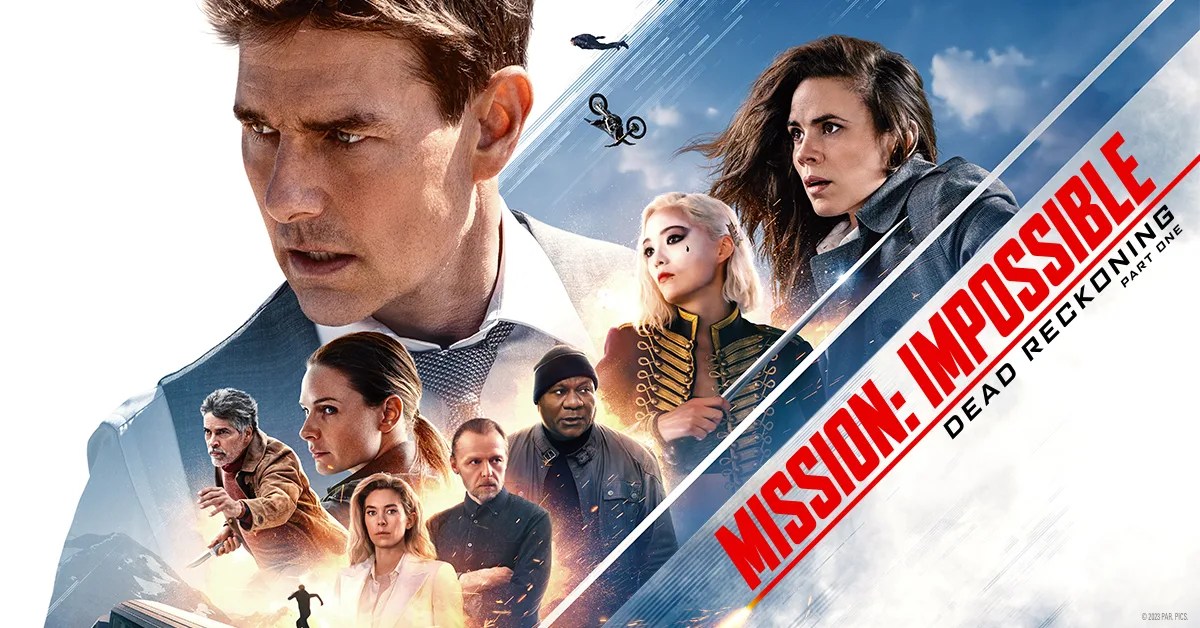Microsoft-Activision Deal: FTC's Appeal And What It Means

Table of Contents
The FTC's Concerns: Antitrust and Competitive Landscape
The FTC's primary objection to the Microsoft-Activision merger centers on antitrust concerns and the potential for reduced competition within the gaming market. The commission argues that the acquisition would give Microsoft an unfair advantage, stifling competition and ultimately harming consumers. Their lawsuit highlighted several key areas of concern:
-
Dominance in the console market: The FTC worries that by acquiring Activision Blizzard, Microsoft would gain undue control over popular game franchises like Call of Duty, potentially making them exclusive to Xbox consoles or its Game Pass subscription service. This could significantly disadvantage competitors like Sony's PlayStation.
-
Impact on multi-platform game releases: The FTC argues that Microsoft might leverage its control over Activision Blizzard titles to limit or cease their release on competing platforms, thereby reducing consumer choice. This could force gamers to switch to Xbox to access these highly sought-after games.
-
Potential for higher prices and less innovation: A lack of competition, the FTC argues, could lead to higher prices for games and less innovation in the gaming industry as Microsoft would have less incentive to compete on price or features.
-
Exclusionary practices: The FTC is concerned that Microsoft could use its newfound power to engage in exclusionary practices, making it harder for smaller developers and publishers to compete in the market. This could stifle independent game development and limit diversity in the gaming landscape.
Microsoft's Defense: Synergies, Innovation, and Consumer Benefits
Microsoft counters the FTC's claims, arguing that the acquisition will benefit consumers by fostering innovation, expanding access to games, and driving competition. They emphasize the following points:
-
Expanding Game Pass library: Microsoft argues that adding Activision Blizzard's extensive game catalog to Game Pass will provide significant value to subscribers, offering a wider selection of high-quality titles at a competitive price.
-
Investment in game development: Microsoft promises to invest heavily in the development of new Activision Blizzard games, leading to enhanced gaming experiences and innovative titles that would not otherwise exist.
-
Bringing Activision Blizzard games to new platforms: Microsoft maintains its commitment to releasing Activision Blizzard games on various platforms, including competitors' consoles, despite FTC concerns about exclusivity.
-
Claims of increased competition: Microsoft asserts that the merger will actually increase competition by providing more options for gamers and fostering innovation across the industry, not decreasing it.
The Appeal Process: Timeline and Potential Outcomes
The FTC's appeal involves a complex legal process that could take considerable time. The potential outcomes are numerous, and the timeline remains uncertain. Several scenarios are possible:
-
Timeline for court hearings and decisions: The appeal process involves various legal stages, including briefs, oral arguments, and judicial decisions. This could extend the process for months, if not years.
-
Possible scenarios (FTC win, Microsoft win, settlement): The court could uphold the FTC's appeal, blocking the merger; it could affirm the initial ruling, allowing the deal to proceed; or, a settlement could be reached between the parties.
-
Impact on the deal's completion date: The ongoing legal battle significantly impacts the deal's completion date, creating uncertainty for both companies and investors.
-
Precedent-setting implications for future mergers in the tech industry: The outcome of this appeal will establish a crucial precedent for future mergers and acquisitions in the technology sector, influencing how antitrust regulators approach similar deals in the future. The EU's regulatory stance also plays a significant role, with their own investigation potentially impacting the global outcome.
Impact on the Gaming Industry and Consumers
The success or failure of the Microsoft-Activision deal will have profound effects on the gaming industry and consumers. Possible impacts include:
-
Price increases for Activision Blizzard games: If the merger proceeds and competition is reduced, there's a possibility of price increases for Activision Blizzard's titles.
-
Changes to game exclusivity: The deal's outcome will significantly influence game exclusivity, determining whether titles like Call of Duty remain multi-platform or become Xbox exclusives.
-
Impact on independent game studios: The merger could significantly affect independent game studios, depending on whether Microsoft leverages its expanded power to suppress competition.
-
Long-term effects on console market competition: The deal's outcome will have long-term consequences for the competition between gaming consoles, potentially shifting the market balance considerably.
Conclusion: The Future of the Microsoft-Activision Deal Remains Uncertain
The Microsoft-Activision merger remains a highly contested issue, with the FTC's appeal raising significant antitrust concerns. Microsoft's counterarguments highlight potential benefits like increased game availability and innovation. The appeal process will determine the deal's fate, impacting the gaming industry and consumers alike. The potential outcomes range from a complete block of the merger to its eventual completion, each with significant ramifications for the competitive landscape. To stay updated on the latest developments regarding the Microsoft-Activision deal and its antitrust implications, follow [link to your website/news source]. Understanding the complexities of the Microsoft-Activision merger is crucial for anyone interested in the future of the gaming industry.

Featured Posts
-
 Amanda Holden And Tess Daly Daughters Desert Island Survival Challenge
Apr 26, 2025
Amanda Holden And Tess Daly Daughters Desert Island Survival Challenge
Apr 26, 2025 -
 Big Techs Advertising Revenue At Risk The Impact Of Tariffs
Apr 26, 2025
Big Techs Advertising Revenue At Risk The Impact Of Tariffs
Apr 26, 2025 -
 Charlie Kirk Claims Gavin Newsoms Podcast Will Derail His Political Ambitions
Apr 26, 2025
Charlie Kirk Claims Gavin Newsoms Podcast Will Derail His Political Ambitions
Apr 26, 2025 -
 Dead Reckoning Part Twos Cinema Con Presence A New Mission Impossible Standee
Apr 26, 2025
Dead Reckoning Part Twos Cinema Con Presence A New Mission Impossible Standee
Apr 26, 2025 -
 Justice Department Seeks Seven Year Prison Term For Congressman George Santos
Apr 26, 2025
Justice Department Seeks Seven Year Prison Term For Congressman George Santos
Apr 26, 2025
